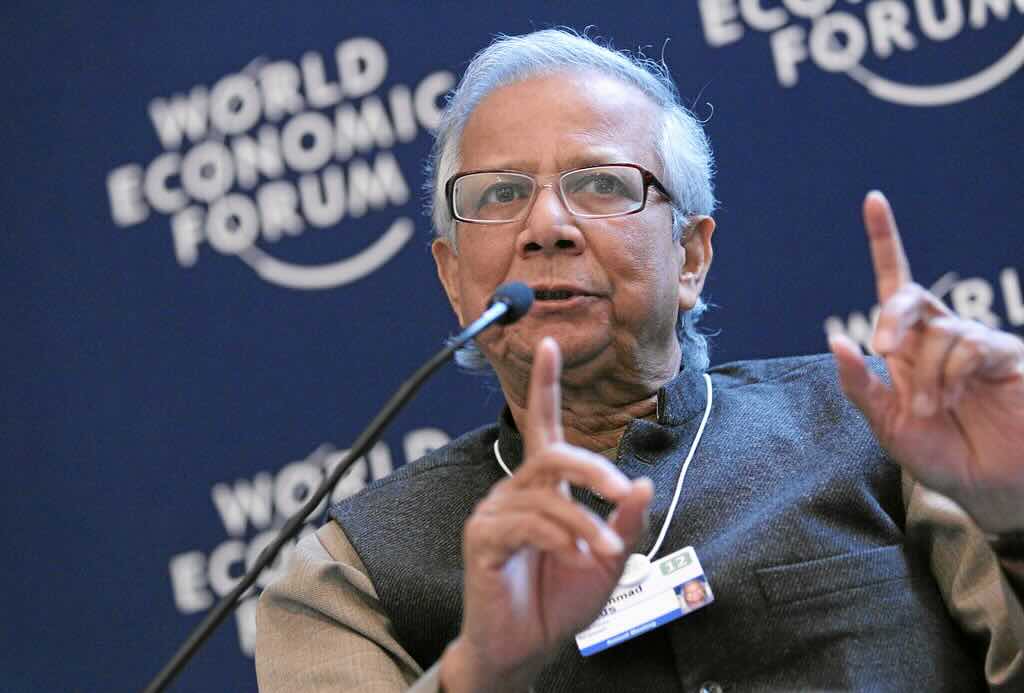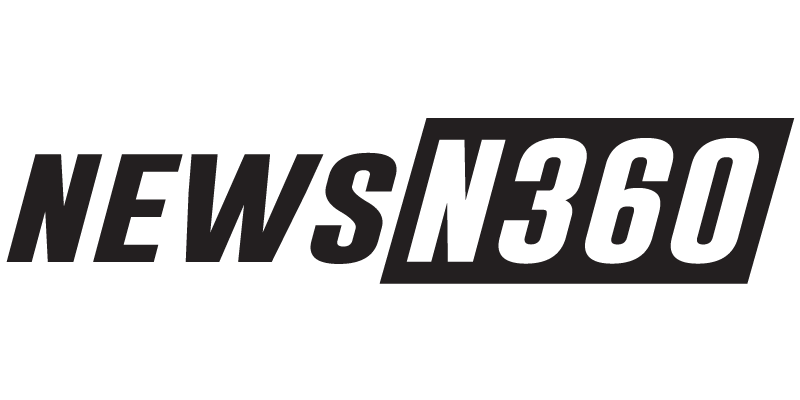Bangladesh Seeks to Import More Cotton, Oil, and Gas from the United States

Related Articles
Following the United States’ imposition of a 37% tariff on Bangladeshi exports, Dhaka is navigating a difficult trade environment. Although a U.S. court recently suspended the tariff—originally introduced by former President Donald Trump—Bangladesh is now looking for ways to rebalance its trade relationship with the U.S.
In a strategic move, the country has proposed increasing imports of American cotton, oil, and gas.
This proposal was shared by Dr. Muhammad Yunus, chief advisor to Bangladesh’s interim government, during an interview with Nikkei Asia at the outlet’s annual Future of Asia conference.
Dr. Yunus highlighted that President Trump has long prioritized reducing trade deficits with America’s partners. In response, Bangladesh is signaling its readiness to buy more U.S. goods. “If our proposal is accepted, we’re prepared to reduce similar imports from other countries,” he said.
“For example, we currently import a large volume of cotton from Central Asia and India,” Dr. Yunus explained. “Now we’re asking—why not shift that demand to the United States instead, especially if it helps reduce our trade gap with them?”
In the fiscal year ending in June, Bangladesh exported $6.8 billion worth of goods to the U.S. but imported only $2.5 billion in return. Of that, $361 million went toward cotton imports. As one of the world’s top garment producers, Bangladesh imports approximately $7.9 billion worth of raw cotton annually, much of it from countries like Uzbekistan and Turkmenistan. Cotton alone made up 12.5% of the country’s total imports that year.
Dr. Yunus also pointed to a potential political benefit: stronger trade ties with U.S. cotton producers could translate into political goodwill in Washington. “The Cotton Belt states elect their own representatives to Congress,” he noted. “If they see value in trade with us, they might become advocates for Bangladesh in American politics.”
By increasing imports from the U.S.—particularly in cotton and energy—Bangladesh aims to shrink its trade deficit and ease growing tensions with its largest export market.
| Item | Country | Share/Role | Additional Info |
|---|---|---|---|
| Cotton | India | ~20–25% | Main supplier due to proximity and affordability. Occasionally affected by Indian export policies. |
| United States | ~15–20% | High-quality, contamination-free cotton. Preferred for premium RMG exports. | |
| Brazil | ~15% | Competitive prices and good quality; gaining popularity. | |
| Australia | ~10% | Low contamination, sustainable farming; premium cotton source. | |
| Uzbekistan | ~10% | Reliable Central Asian supplier, long staple cotton. | |
| African Region | ~5–10% | High-quality, handpicked cotton from Benin, Mali, Chad. | |
| Oil | Saudi Arabia | ~25–30% | Major supplier of crude oil; long-term contracts. |
| UAE | ~20% | Supplies diesel, jet fuel, and other refined products. | |
| Kuwait | ~15% | Provides both crude and refined oil products. | |
| Malaysia | ~10% | Supplier of refined fuel and petrochemicals. | |
| Indonesia | ~8% | Supplies light oils and refined fuels. | |
| Gas (LNG) | Qatar | ~35–40% | Largest LNG supplier via long-term agreements. |
| Oman | ~10–15% | Secondary supplier under both long and short-term deals. | |
| Spot Market (e.g., Singapore, Malaysia Traders) | ~20% | Additional LNG via floating, short-term purchases. |









